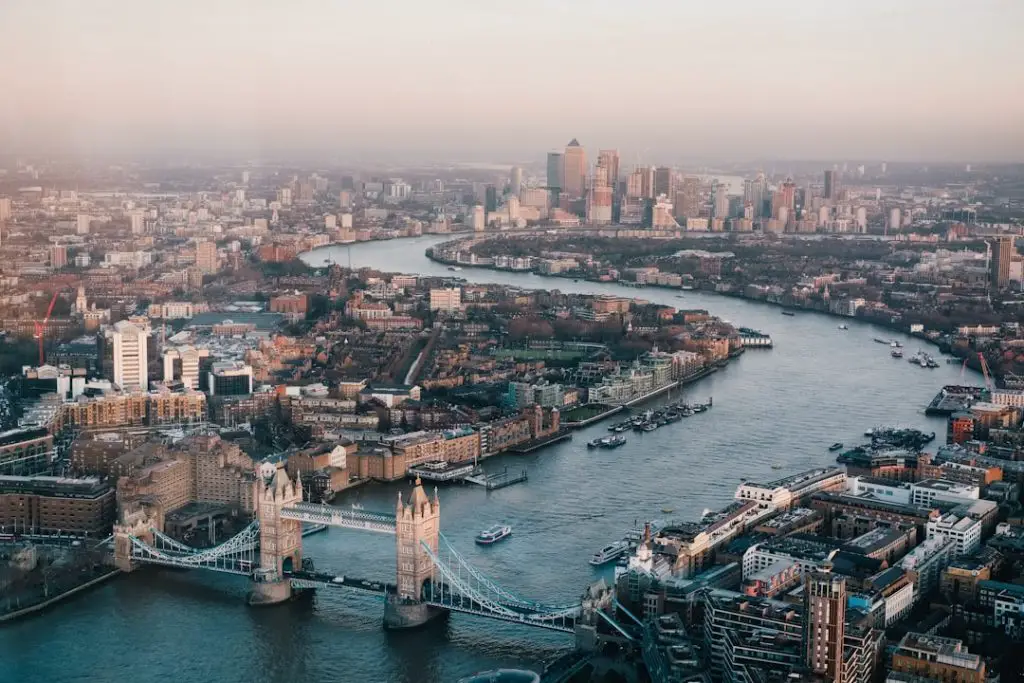Choosing Between UK Fiancé Or Spouse Visa: Which Visa Path is Right for You?

If you’re planning to start a life in the UK with your significant other who is a British citizen or has settled in the UK, understanding the differences between the Fiancé Visa and the Spouse Visa is essential.
Both allow couples to move to the UK and eventually settle permanently, but they cater to different stages of a relationship.
So, how do you decide which one is right for you?
Key Differences Between the Fiancé and Spouse Visas
- Spouse Visa: For couples who are already married or in a civil partnership that’s legally recognised in the UK or abroad.
- Fiancé Visa: For couples planning to marry or enter into a civil partnership in the UK within six months of arriving.
| Feature | Fiance Visa | Spouse Visa |
| Relationship status | Planning to marry | Already married/in civil partnership |
| Initial length of stay | 6 months | 30–33 months |
| Work in the UK? | No | Yes |
| Path to settlement | Yes (via Spouse Visa → ILR) | Yes (direct → ILR) |
Each option has specific requirements, costs, and timelines that influence the decision. Let’s break them down.

The Spouse Visa: For Married Couples or Civil Partners
If you’re already married or in a civil partnership, you can apply for the Spouse Visa to join your partner in the UK. To be eligible:
- Your Relationship: You must prove your marriage or civil partnership is genuine and legally recognized in the UK.
- Financial Requirements: You’ll need to show evidence that your partner earns at least £29,000 annually or has sufficient savings.
- Accommodation: Provide proof of adequate living arrangements in the UK.
- English Language Ability: Pass an approved English language test if you’re not from a majority-English-speaking country.
- TB Test (if applicable): Required for applicants from specific countries.
Fees and Timeline
- Application Fee: £1,846.
- Immigration Health Surcharge: £3,105.
- Visa Duration: 2 years and 9 months, with a 90-day travel window to enter the UK.
- Next Steps: Before the visa expires, you’ll need to apply for an extension, eventually leading to settlement (Indefinite Leave to Remain) after 5 years.
The Fiancé Visa: For Couples Planning to Marry in the UK
If you’re not yet married or in a civil partnership, but plan to tie the knot in the UK, the Fiancé Visa is your route. This visa allows you to:
- Enter the UK for Six Months: During this time, you must marry or enter a civil partnership.
- Switch to the Partner Visa: After the wedding, you’ll apply to extend your stay by switching to a Spouse Visa.
After entering the UK on a Fiancé visa, you must marry or form a civil partnership within six months. Following this, you can request to renew your permit with the same rights as a regular Spouse visa holder, including the possibility of obtaining indefinite leave to remain (ILR).
Requirements
- All the same criteria as the Spouse Visa: financial evidence, proof of a genuine relationship, accommodation, English language proficiency, and TB test (if required).
- Additional Proof: Evidence of your upcoming marriage or civil partnership, such as venue bookings or an appointment to give notice.
Fees and Timeline
- Application Fee: £1,846.
- No Health Surcharge: Payable only when switching to a Spouse Visa (£2,560).
- Visa Duration: 6 months.
- Switching Process: Submit a new application after your marriage, including updated financial and relationship evidence.
Important Note: Time spent on a Fiancé Visa doesn’t count towards the 5-year residency requirement for settlement. The clock starts once you switch to the Spouse Visa.

Alternative Option: Unmarried Partner Visa
Have you been living with your partner for at least 2 years? If so, you may qualify for the Unmarried Partner Visa, skipping the need to marry before applying.
This route offers the same benefits as the Spouse Visa, including a 2 years and 9 months stay, and the option to marry in the UK if you choose.
To qualify for a UK Unmarried Partner Visa, you’ll need to show the Home Office that your relationship is genuine and ongoing.
This means providing solid evidence that you and your partner are truly committed to each other — emotionally, practically, and personally. The Home Office will be looking for proof that you have regular contact, share your lives, support each other emotionally, and genuinely care about one another’s well-being.
What Kind of Evidence Do You Need?
Ideally, you should submit documents that are in both of your names — for example, joint bank accounts, utility bills, or tenancy agreements. However, you can also use separate documents addressed to each of you at the same address to show that you’ve been living together.
Your documents should:
- Be from a range of sources
- Be dated within the last few years
- Preferably be official, but informal evidence (like shared travel itineraries, photos, or letters) can also help if you don’t have official documents
If you haven’t lived together for long, you can still include other forms of unofficial evidence to show your relationship is real and serious.
If the Home Office isn’t convinced your relationship is genuine, they may:
- Ask for more documents
- Call you both for an interview
- Arrange a home visit
If they still have reasonable doubts, your visa application could be refused, so it’s important to be thorough and honest when gathering your evidence.
Living Together in the UK
You’ll also need to show that you and your partner plan to live together permanently in the UK. At the application stage, this means both of you must clearly state your intention to move in together right after the visa is approved (or as soon as possible).
Later on, when applying to extend your stay or for indefinite leave to remain, the Home Office will check how much time you’ve actually spent living in the UK together. Occasional trips abroad are fine, especially for work, holidays, or study, but extended time apart without a good reason could affect your application.
Which Path is Best for You?
- Spouse Visa: Ideal for those already married or in a recognized civil partnership, providing a straightforward path to settlement.
- Fiancé Visa: Perfect for couples planning to marry in the UK, offering flexibility to transition to a Spouse Visa.
- Unmarried Partner Visa: A viable option for couples with an established cohabitation history.
Regardless of your choice, understanding the requirements and preparing your application thoroughly is crucial to a successful outcome. Need assistance? Contact an immigration expert to guide you through every step of the process. If you need assistance with your UK visa application, contact IaM.
Start your journey to a new life together in the UK today!
Have you applied for your UK Visa? Talk to us in the comment section below. Or if you need more advice on the above, contact us for further travel & immigration advice.
Check out the deals we have found below and tell us your travel plans.
Check out the offers and discounts from:
And because of the pandemic, don’t forget to get your travel insurance, which will cover you for flight disruptions and pandemic related matters.
IaM can help with your visa application to Europe, the United States, the UK & other countries
If you need help with a US visa, a UK Visa, or a visa to Europe, including help with appointment booking obligations, IaM can help. For more information and advice on US immigration, UK immigration law and US visa applications or if you need any help or assistance please, reach out to your Visa Coordinator at IaM.
Some of our posts include affiliate links. If you choose to purchase any of these products, we might get a small commission. For more information, check out our TOS.









